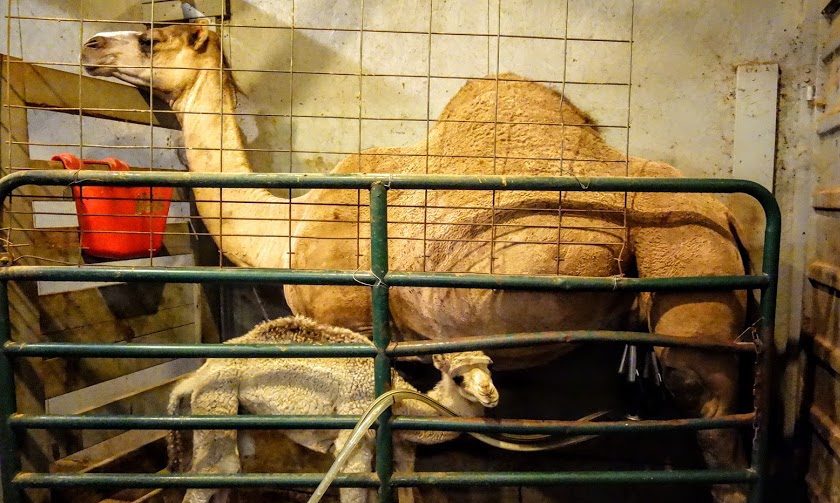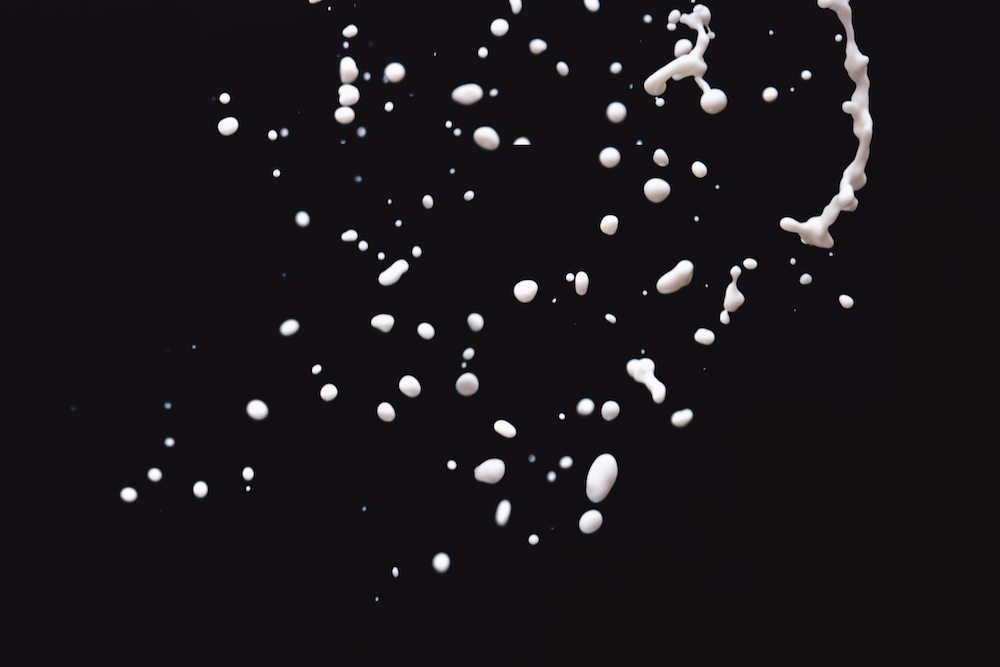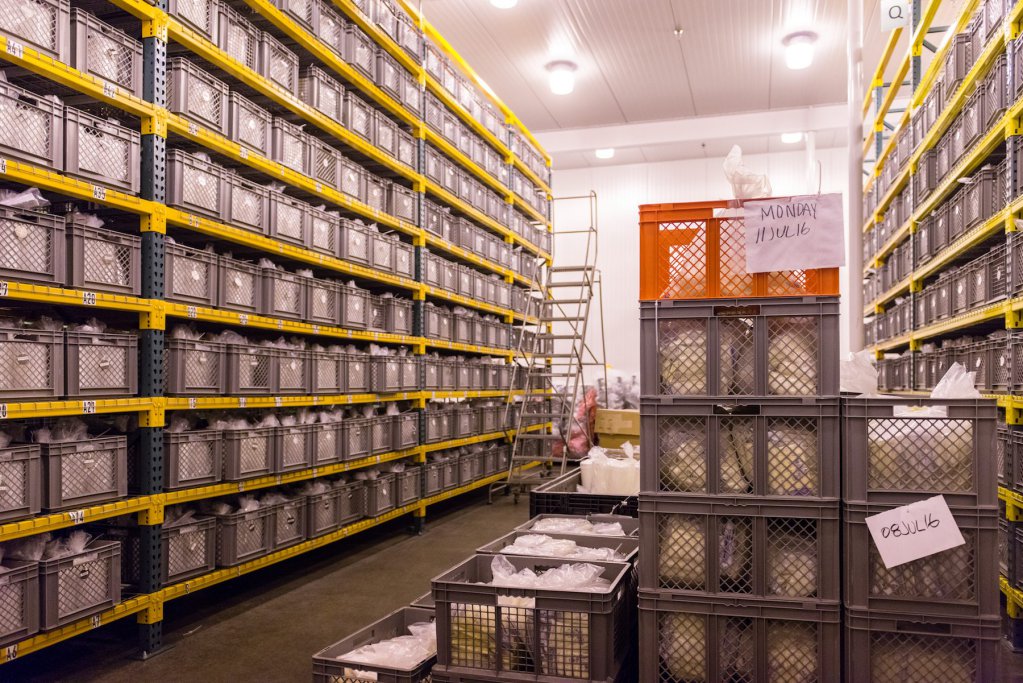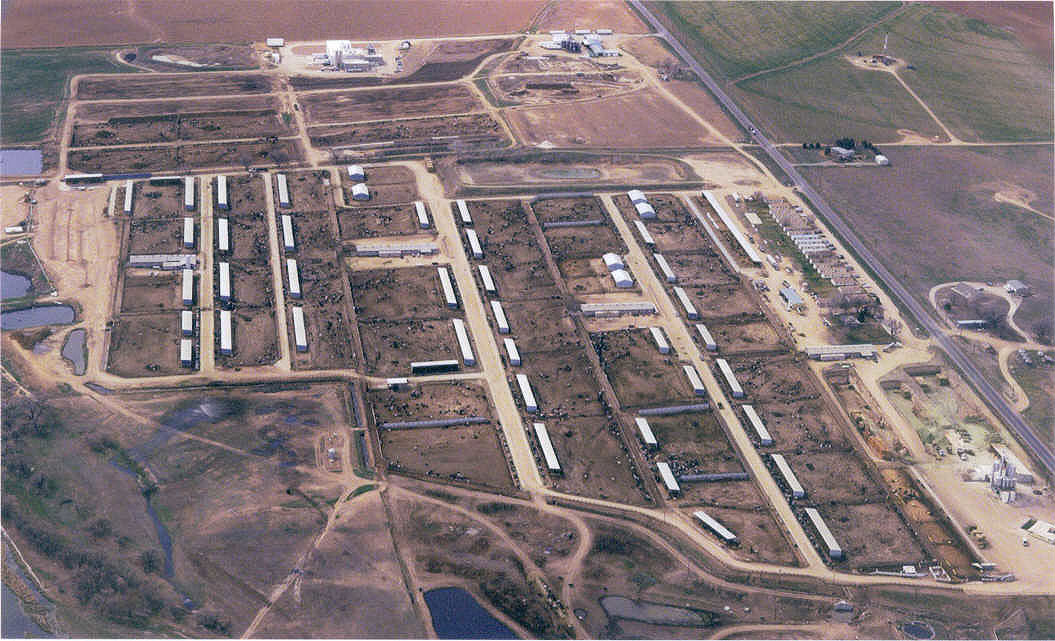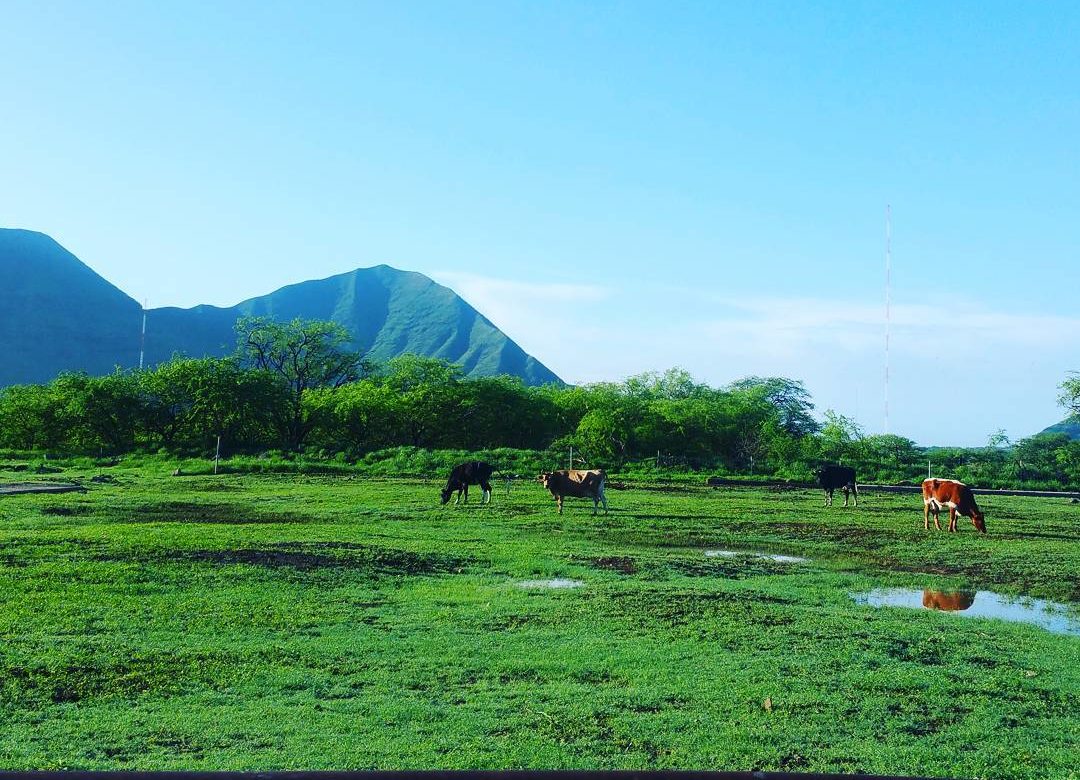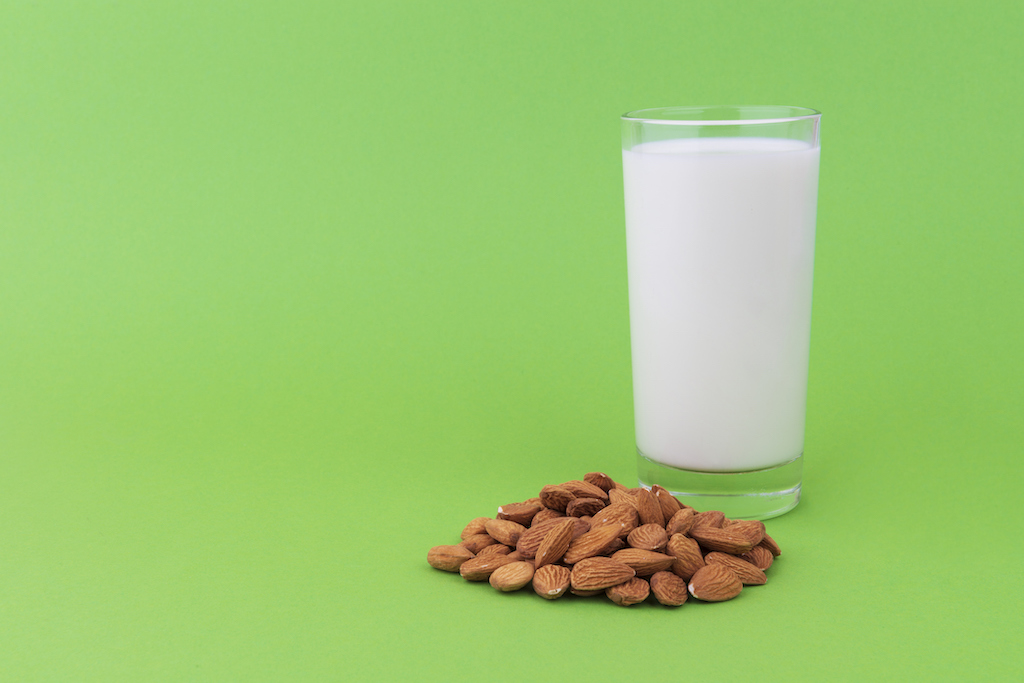
Unsplash/bady qb
Mulling ‘milk.’ Last month, we reported on a letter that the National Milk Producers Federation (NMPF) sent to the Food and Drug Administration (FDA), co-signed by 32 members of Congress, in which they requested that the agency use its regulatory power to crack down on plant-based products calling themselves “milk.” The m-word, the signees argued, should retain its strict legal definition: “the lacteal secretion, practically free from colostrum, of one or more healthy cows.” Period.
This shouldn’t be surprising: perhaps more than anything, it’s a sign that an entrenched, mature industry is worried about competition from newfangled upstarts. As staff writer Claire Brown reported, the dairy industry and its allies pulled a similar move in the 1880s, when margarine first hit the scene. Said one cheesehead senator from Wisconsin: “I decline to accept as a substitute caul fat, matured under the chill of death.”
A recent article from Dairy Navigator’s Elaine Watson takes the question further: do consumers think words like “milk,” “yogurt,” and “cheese” mean “from a cow”? Or will they understand when those terms are used to characterize the taste and texture of plant-based products? Watson’s exploration raises some good points. The official standard of identity defines “milk” as cow milk, and yet NMPF is just fine with the terms “sheep milk” and “goat milk.” Is it really such a stretch, then, to say “soy milk”? (A helpful, universally accepted analogue: no one really thinks peanut butter contains any, well, butter.) If they can’t avail themselves of widely-recognizable terms, what should plant-based companies call their products? Is “cultured nut product” really a more helpful, clarifying term than “almond cheese”?
Watson sees evidence that FDA is willing to let the issue slide—last year, after initially signaling otherwise, the agency let eggless vegan spread “Just Mayo” keep its name. But a new labeling fight may soon be upon us. What happens when biological milks, cheeses, and meats no longer come from an actual animal? That brave new world is rapidly arriving, thanks to lab-grown startups like Perfect Day and Memphis Meats. Can you call it “milk” when there was never a cow?

